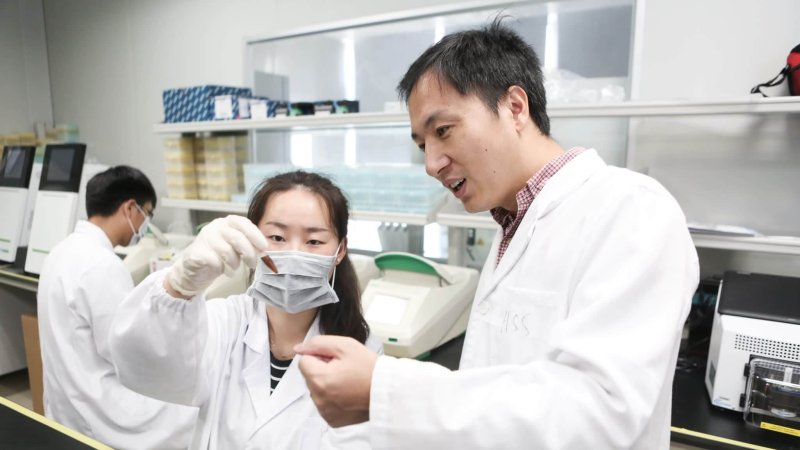A scientific study published this past spring came with damning implications for Chinese scientist He Jiankui, who created the world’s first gene-edited babies: People with the rare genetic variants that He tried to engineer into embryos, the study asserted, had an increased death rate.
On [September 27], the paper’s senior author said his study was wrong.
…
The study centers around the effects of a variant of the gene known as CCR5, called Δ32, which is best known for protecting against infection with HIV, the virus that causes AIDS.
…
[Author Rasmus] Nielsen told STAT that the error stemmed from the specific single nucleotide polymorphism, or genetic marker, that he and [collaborator Xinzhu] Wei looked at. In the U.K. Biobank data, the marker they chose to work with had systematic errors related to “genotype calling” at that site in the DNA; that’s the process by which the genotype is determined for each individual in the sample at each site.The way the genotypes were being called caused certain genotypes to show up less frequently than they should have, Nielsen said, apparently generating the erroneous signal around increased mortality.
Read full, original post: Major error undermines study suggesting change introduced in the CRISPR babies experiment shortens lives































